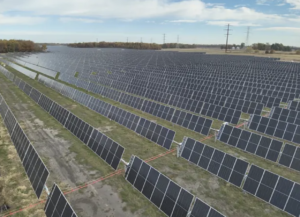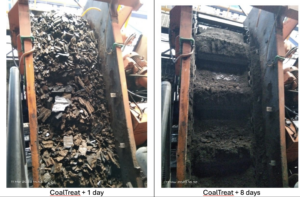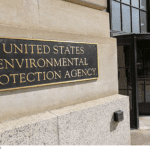Barack Obama has kept his lease on the White House for another four years with a strong endorsement from the electorate. Will his energy and environmental agenda be a repeat of his first term, a retreat, or something entirely new?
Clearly, we won’t know the answer to that question immediately. As was the case in the first four years, the policies and initiatives will emerge from the swirl of events as much as from determined and announced presidential priorities. It’s likely that the president has not changed his fundamental views on where he would like to take the nation in terms of energy and the environment. That is the same direction he laid out over the 2008-2012 period: green energy, greenhouse gas reductions, and tough environmental regulations that foster renewables and hobble coal.
But the president has shown that he is a pragmatist. He recognizes the limits of his ability to push policies that don’t have wide support among the public or in the 113th Congress, where Republicans still control the House of Representatives and have a strong enough presence to bring the Senate to a halt. W. Jackson Coleman of the Washington law firm Arent Fox commented recently, “With a continued strong House Republican majority and a larger Senate Democratic majority, the contentiousness of most energy and environmental policy issues will likely preclude major new legislation.”
Among the first initiatives that will come from Obama: Act Two for clean air regulations from the Environmental Protection Agency (EPA). The administration had an aggressive (many in the power business would view them as overly aggressive) air agenda. But the EPA punted many of those rulemakings until after the election. That time has now arrived. It may also have arrived for a pending rule on handling of coal ash from power plants, as an article in this issue discusses. Some analysts are predicting that the administration will give industry a victory on the solid waste issue.
So the administration probably will pick up where it left off on air rules. The EPA will move ahead with new rules on mercury emissions, coal plant permitting, interstate ozone, carbon dioxide, and the like. While the agency is likely to issue final rules during the second Obama term, that would merely be the end game. Many, probably most, are likely to be ultimately resolved in the courts. That resolution may come after the president has left office, given the tendency of the court system to grind slowly through challenges to administrative action.
The administration will not be able to put the kind of push behind renewables that characterized its first term: The money simply isn’t there. The stimulus funds that the White House directed toward wind, solar, and other green energy technologies, through the Energy Department, are gone, as are the special legal authorities that allowed the DOE to be a generous lender to so many, and many dubious, green technology ventures.
But it is likely that the administration will put what muscle it can behind renewal of the production tax credits for wind, solar, and other renewable technologies. Whether that will work or will amount to feckless tilting at windmills is unclear. My bet is Congress won’t renew the tax subsidies, but it will be close thing.
One area where the administration is likely to move quickly and strongly is on cybersecurity, also discussed in this issue. Congress failed to pass any legislation in 2012 and the White House has said for many months that it will issue a presidential executive order in the absence of legislative action. A draft executive order is circulating and, as the article in this issue discusses, the groundwork has been laid for some kind of action aimed at protecting the grid against hackers and terrorists.
A significant element of the timing of the Obama agenda will depend on who is carrying the ball for the White House. Most accounts so far have Energy Secretary Steven Chu and EPA Administrator Lisa Jackson gone from Washington. Replacements will require Senate confirmation, which is often slow even with uncontroversial nominees. The White House may also want to go slow on the DOE and EPA nominations, given that there could be a major partisan brawl over a State Department nominee, which could sap some of the administration’s strength and political capital.
Changes in Congress will also impact on the politics of energy and environment. Oregon Democrat Ron Wyden likely will become chairman of the Senate Energy and Natural Resources Committee, replacing New Mexico’s Jeff Bingaman, who is retiring. Alaska’s Lisa Murkowski will remain as the top Republican on the committee. Tennessee Republican Bob Corker has announced he will leave the energy committee, hoping to replace Indiana’s Richard Lugar as the ranking Republican on the Foreign Relations Committee. At the Senate Environment and Public Works Committee, Louisiana Republican David Vitter may replace Oklahoma’s Jim Inhofe as ranking minority member. Inhofe is likely to become ranking minority member of the Armed Services Committee.
Stay tuned to this continuing political drama.
—Kennedy Maize is MANAGING POWER’s executive editor.
Obama’s Second Act
SHARE:








